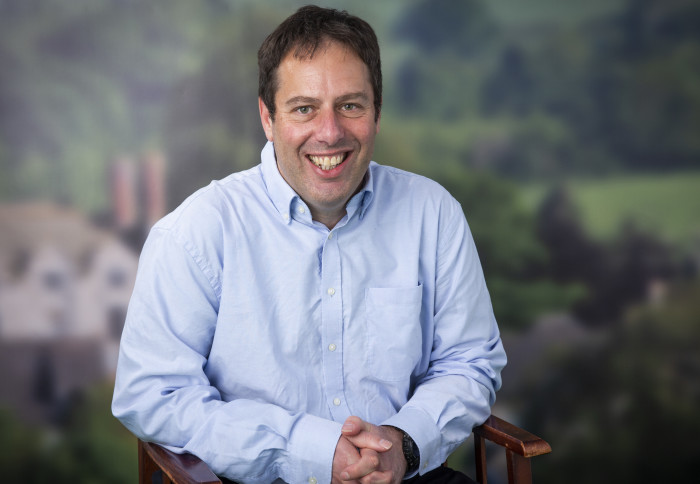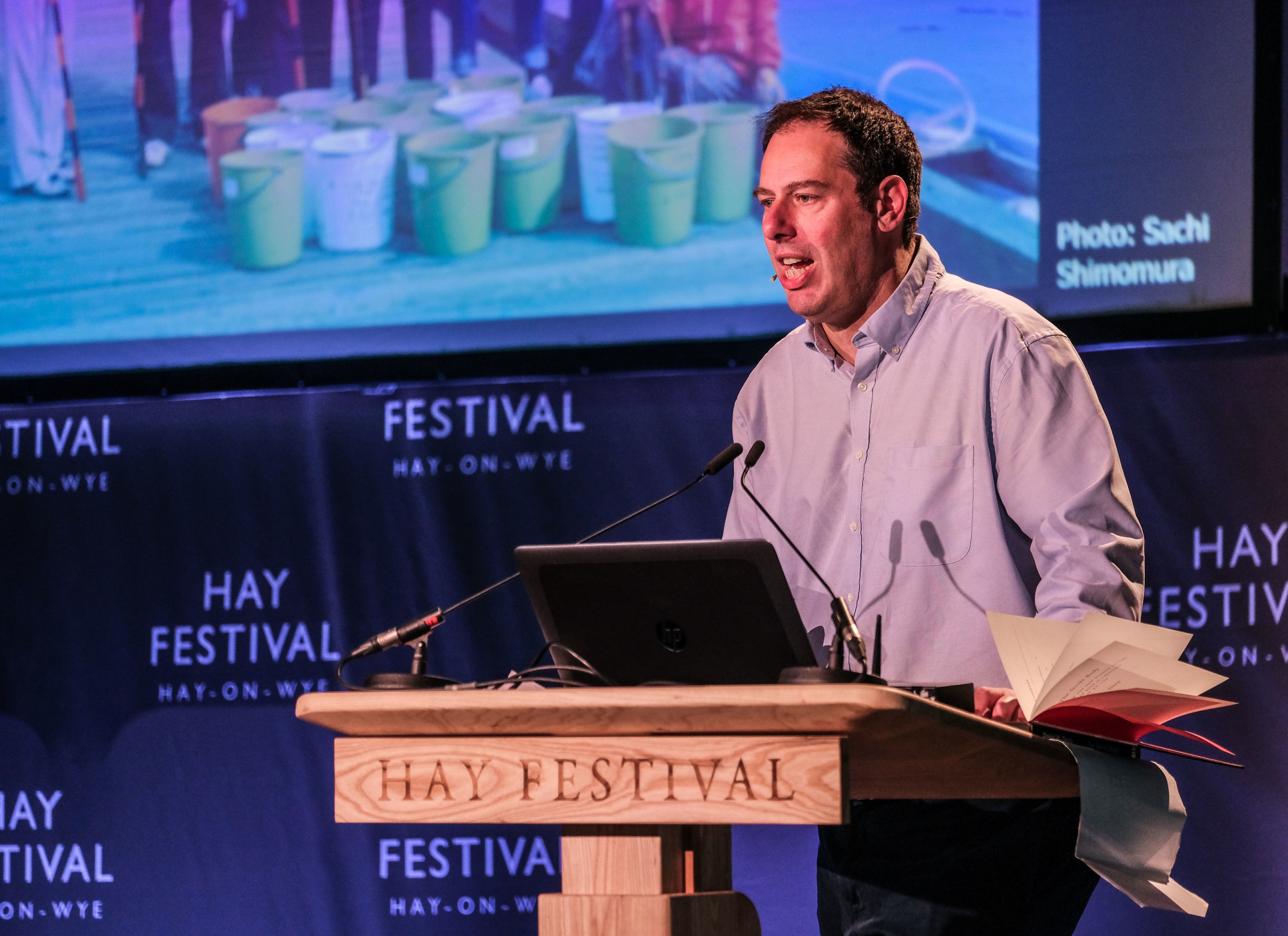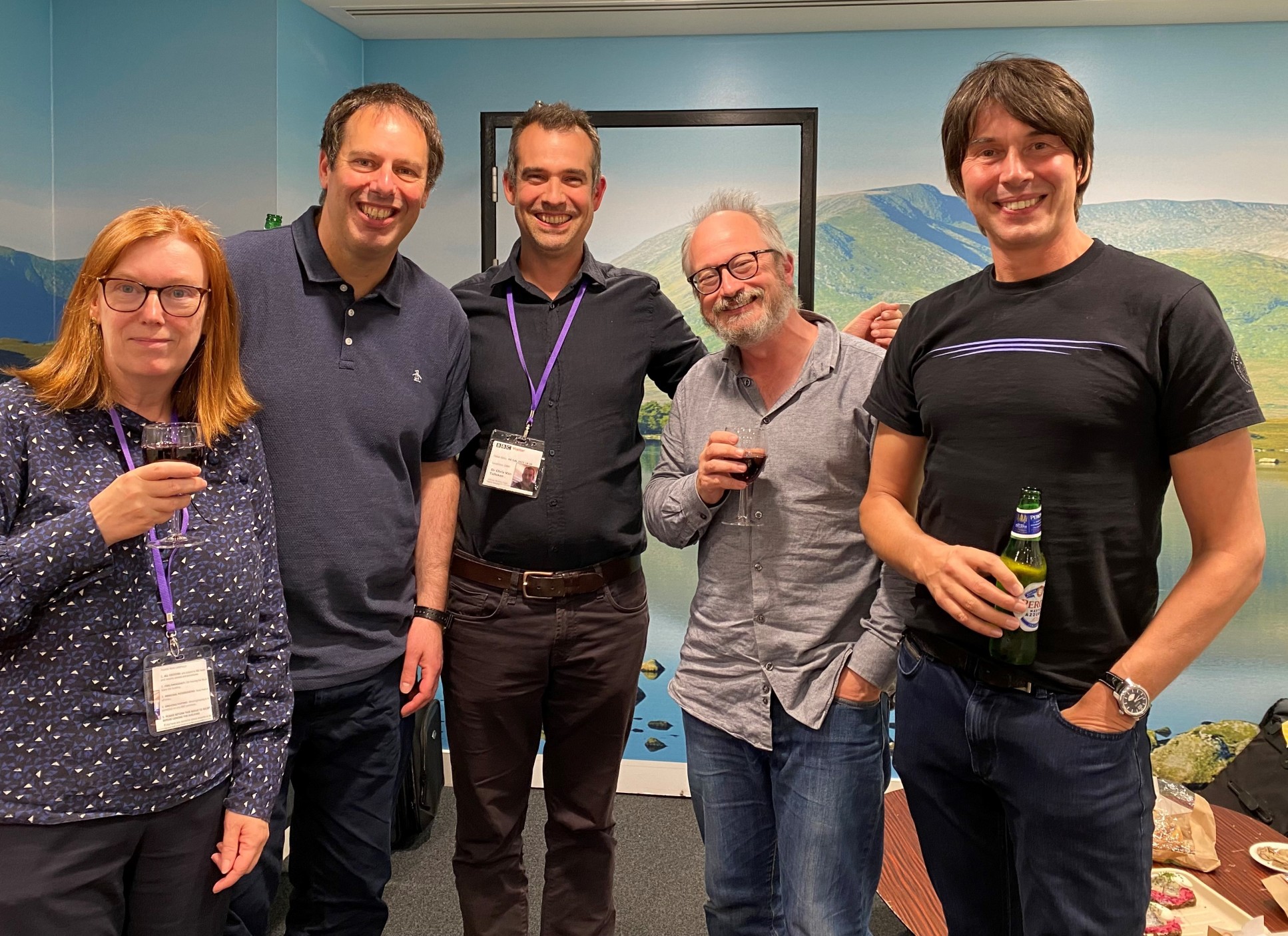Professor Dan Davis appointed Head of Department for Life Sciences
by Emily Govan

Professor Dan Davis
Immunology expert Professor Dan Davis has joined Imperial as the new Head of Life Sciences.
Professor Dan Davis has joined Imperial College London from the University of Manchester, where he was Professor of Immunology and also Director of Research in the Manchester Collaborative Centre for Inflammation Research.
Dan, can you tell me a little about your background?
My parents have told me that when I was a toddler, I wanted to be a farmer. But for as long as I can remember, I’ve always wanted to be a scientist. After my PhD in Physics, I switched to studying the immune system at Harvard, because it felt like a great frontier of science to be part of. All science has an ever-increasing impact on our lives but none more so than life sciences. Everything is being shaken up. New understanding of the human body is changing our view of heredity and identity; analysis of our genes presents a new understanding of our individuality; the actions of brain cells gives clues to how the mind works; molecules found to circulate in our blood changes our view of mental health. Not to mention climate, global health and ecology. To be able to play a part in any of this, even just a very small part, is wonderful.
"All science has an ever-increasing impact on our lives but none more so than life sciences." Professor Dan Davis Head of Department, Life Sciences
What were you doing in your previous role and what are your areas of research?
Building on my background in physics, my lab has always used state-of-the-art microscopes to watch the actions of immune cells with ever-increasing precision. What makes microscopy fun is that it is so inherently explorative. Some of my team’s work looks at specific processes, such as working out the specific steps that leads an immune cell to detect and kill a virus-infected cell or a cancer cell. But many of our discoveries have come from just seeing something unexpected down the microscope and following it up. Just by watching cells move around, for example, we discovered long thin strands of membrane which we called membrane nanotubes, which can keep immune cells and other cells connected over long distances. Also, we stumbled across a process for how immune cells sequentially move from one cancer cell to another, so that one immune cell can serially kill several cancer cells. Some of our work has also led to new ideas for medicines, now being pursued in pharmaceutical companies.
"Imperial College is a great community of people, some famous but mostly a community of hidden heroes, working hard to improve the world we live in." Professor Dan Davis Head of Department, Life Sciences
What attracted you to joining Imperial?
Imperial College is a great community of people, some famous but mostly a community of hidden heroes, working hard to improve the world we live in, through scientific training and research. I’m proud to be a part of this community. We’re not here to beat any other university, we’re here to help solve the big problems of our time.
 Tell me about your new role as Head of the Department of Life Sciences.
Tell me about your new role as Head of the Department of Life Sciences.
I’m following in the footsteps of Anne Dell and she’s been a wonderful mentor to learn from. Right now, I’m listening carefully to others, to understand what works well and where we might improve. As specific plans develop, I will always consult as widely as possible and then endeavor to be open, transparent and clear in explaining how decisions were arrived at. One of my first priorities is to recruit new academic staff in areas we need to boost our expertise in. I can already see that a great challenge to me personally is going to be to not try to take on everything, but to work out what to focus on, to have the biggest impact. All I can hope for is to have a positive impact on the Dept, in all its multitudes of activity – teaching, research and outreach. And as Kurt Vonnegut once wrote: ‘There's only one rule that I know of, babies - God damn it, you've got to be kind’.
What hobbies do you have?
I have written three popular-level books, about health, the immune system and new technology [The Secret Body, The Beautiful Cure and The Compatibility Gene]. Writing feels more than a hobby though, in that it’s a big part of my life. I also love all the things I get to do because of my writing. Discussing scientific ideas with the public is stimulating in a way that’s very different to talking with other scientists. For example, I recently joined a discussion about vaccines and immunity with Sarah Gilbert, Chris van Tulleken, Robin Ince and Brian Cox for Radio 4’s The Infinite Monkey Cage (to be broadcast soon).

Article text (excluding photos or graphics) © Imperial College London.
Photos and graphics subject to third party copyright used with permission or © Imperial College London.
Reporter
Emily Govan
Department of Life Sciences